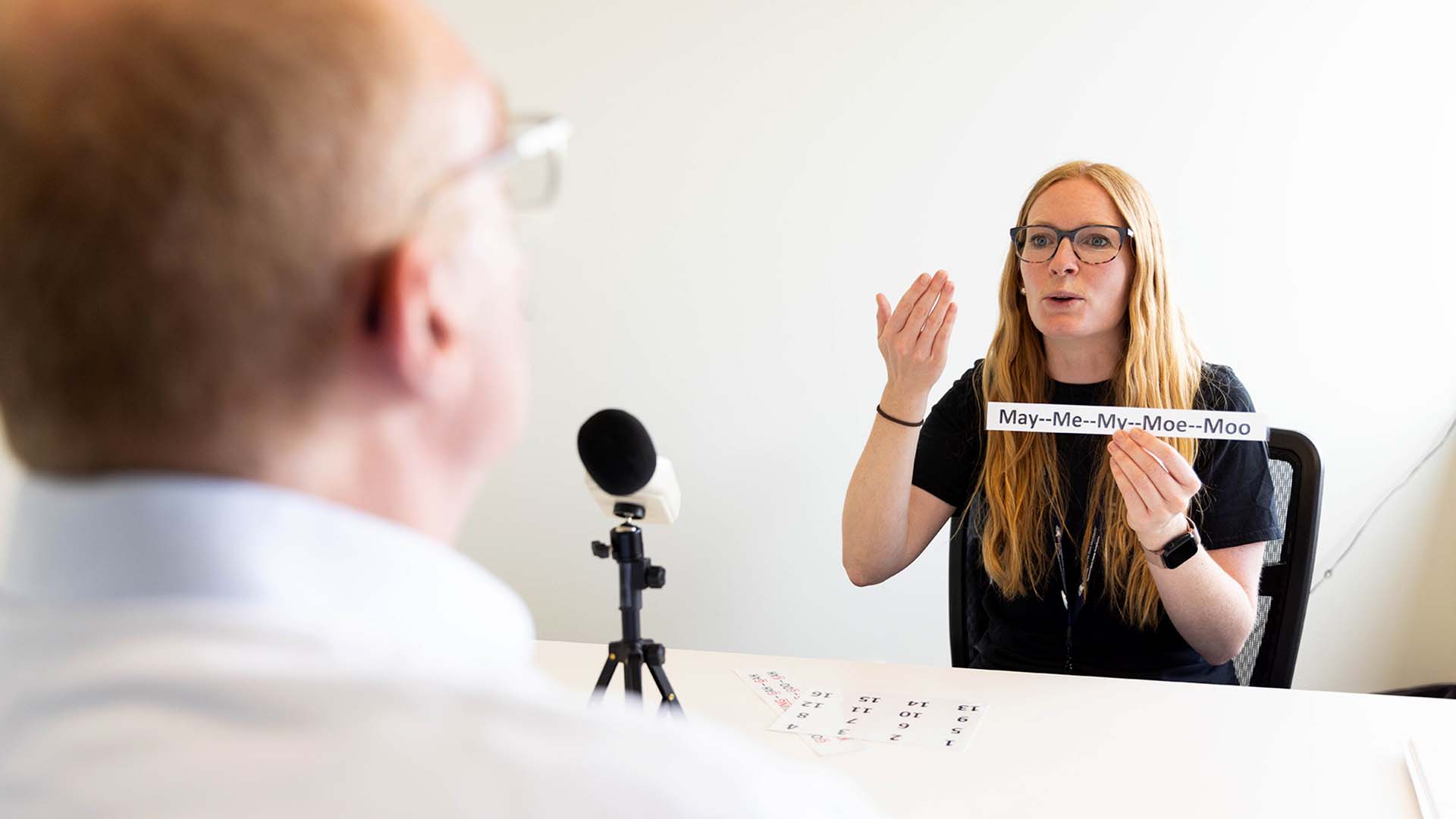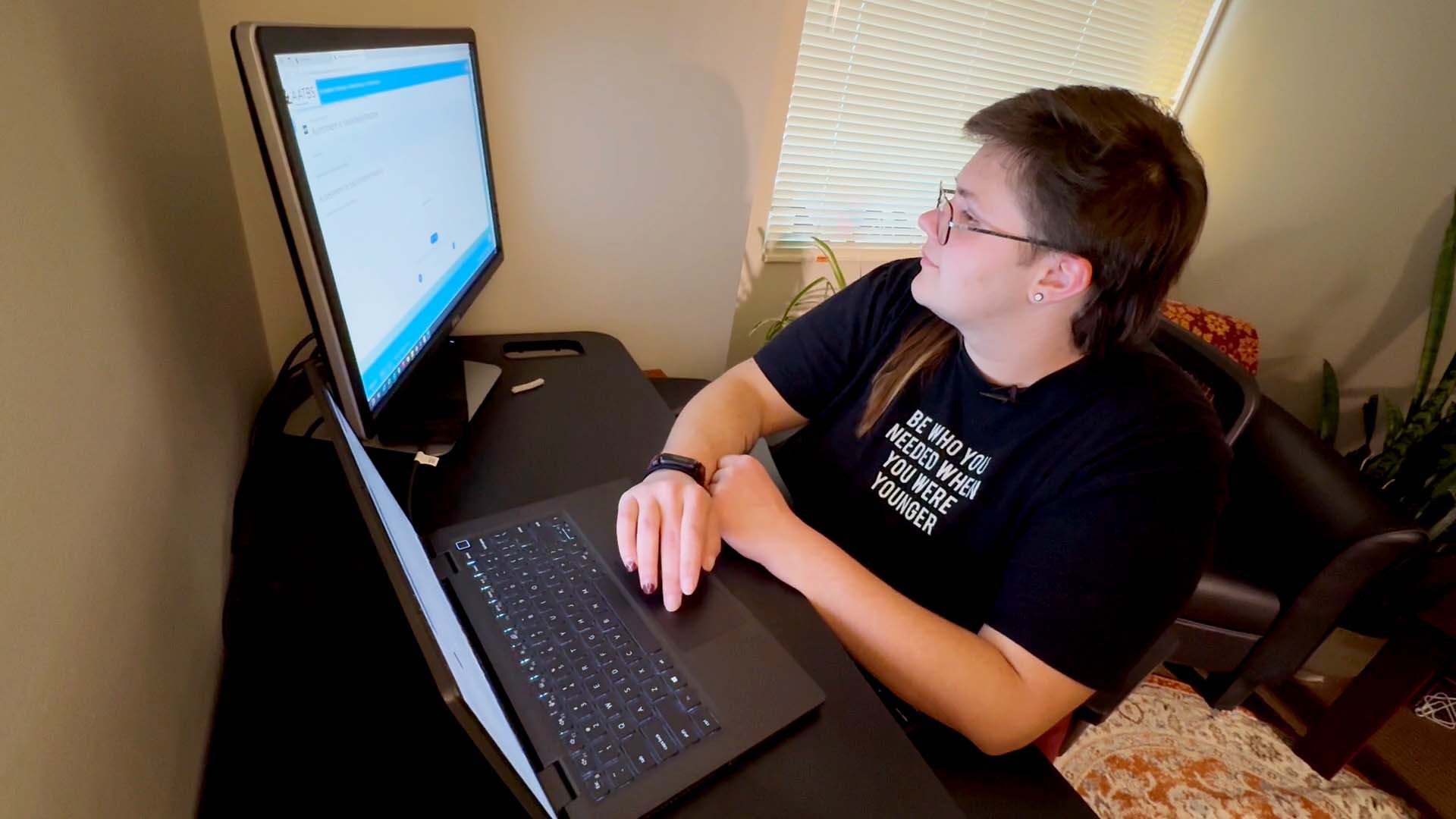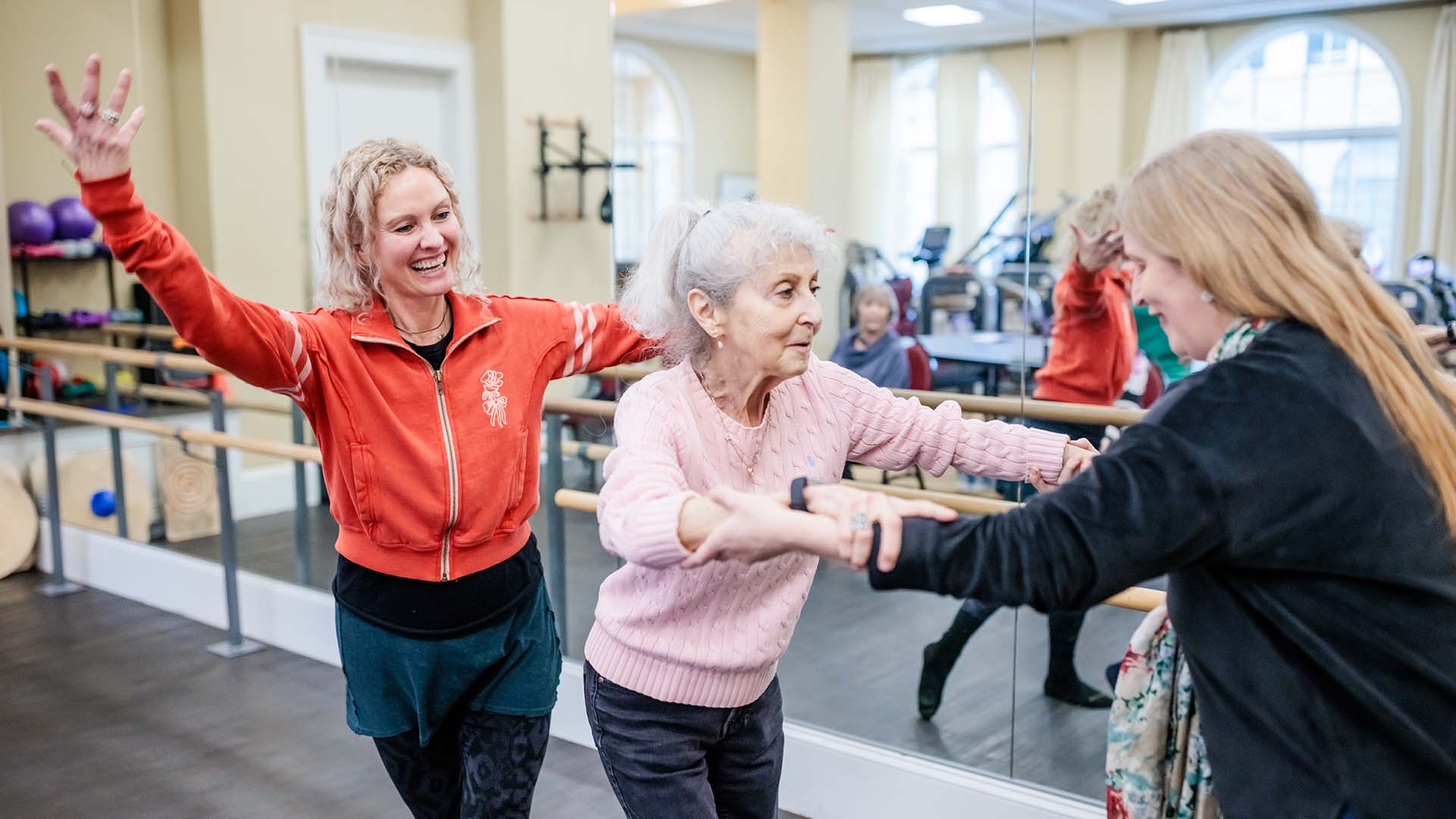7 study tips for passing the test
Feeling anxious for final exams? Here's what you need to know to make the grade.

Pop quiz: What happens to you when someone says, “pop quiz”?
Your sweaty palms and increased heart rate result from a spike in cortisol, a steroid hormone released by the adrenal glands in stressful situations. But just as the levels of academic testing can range from quizzes to exams to essays, the ways we process the associated anxiety can range from energizing to debilitating.
“We can think of test anxiety as an arc on a curvilinear spectrum,” said Aaron Richmond, Ph.D., professor of educational psychology and human development at Metropolitan State University of Denver. “A little anxiety is actually a good thing – if you look at professional athletes warming up, they’re becoming more focused and attentive to detail, getting ready to engage. Once (anxiety) crosses a certain threshold, though, performance can decrease pretty quickly.”
A key part of the difference is rethinking how we approach studying as a practice. With final-exam season in full swing, Richmond provides seven tips on how to mitigate test-induced anxiety – and maybe even use it to our advantage.

Take Small Bites
Distributed practice is what it sounds like – spacing out smaller, bite-size chunks of information over time. This creates a deeper level of understanding and reduces the stress from a looming deadline alternative. “Many people see a ramp-up in anxiety correlated to cramming before a test; you also end up not retaining a lot of that info within 24 to 48 hours afterward,” Richmond said.
Mix It Up
A nonintuitive approach is interleaving, or studying multiple subjects at once. This could take the form of two or three flash cards each for biology, psychology and English, shuffled and done twice a week in distributed practice. “When you mix things up, you don’t have to rely on the surrounding information to point you to the right direction,” Richmond said. “You learn the concepts independently.”

Put down the Highlighter
You’re likely used to highlighting materials as you read, but it probably isn’t doing as much good as you think. In fact, our tendencies to over highlight can remove personal connection and lead to ineffective processing. Instead, make reading notes and rewrite important passages to help encode information.
Make Connections
You hear that? Keyword mnemonic approaches can be great to build vocabulary. “Say you’re learning that the Spanish word for dog is ‘perro’ – that sounds like the English word ‘pear.’ By imagining a dog eating a pear, it helps create that interactive connection between what you’re learning and what you already know,” Richmond said.

Get Personal
Other ways of locally grounding new information within include self-explanation (defining concepts in your own words) and self-generated examples. “If you’re in a biochemistry class and a soda drinker, you might examine the properties of Diet Coke,” Richmond said. “Personally relevant examples help content stick via memories and experience.”
Know what you know
For test-makers, one metacognitive process that’s highly correlated with critical thinking and breaking susceptibility myths is calibration. Richmond deploys research from Chris Was of Kent State University looking at confidence levels on test questions; on weighted quizzes, students can individually rearrange each of 10 questions to be worth more or less based on which they think they know the best. Afterward, they examine which ones they got wrong and why. “The crux is that we tend to overestimate our ability,” Richmond said. “This kind of practice helps us better know what we know and move on, and know what we don’t know and move on. If we can focus on that, we can reduce test anxiety.”
Brain Food
Oh, and one more thing: On the day of the exam, make sure you eat a healthy meal – and if you’re a coffee drinker, skip the sugar. “Lots of caffeine and sugar is one of the worst contributors to test anxiety,” Richmond said. “If you have a bunch of doughnuts and soda, that definitely can have a biophysical impact.”







